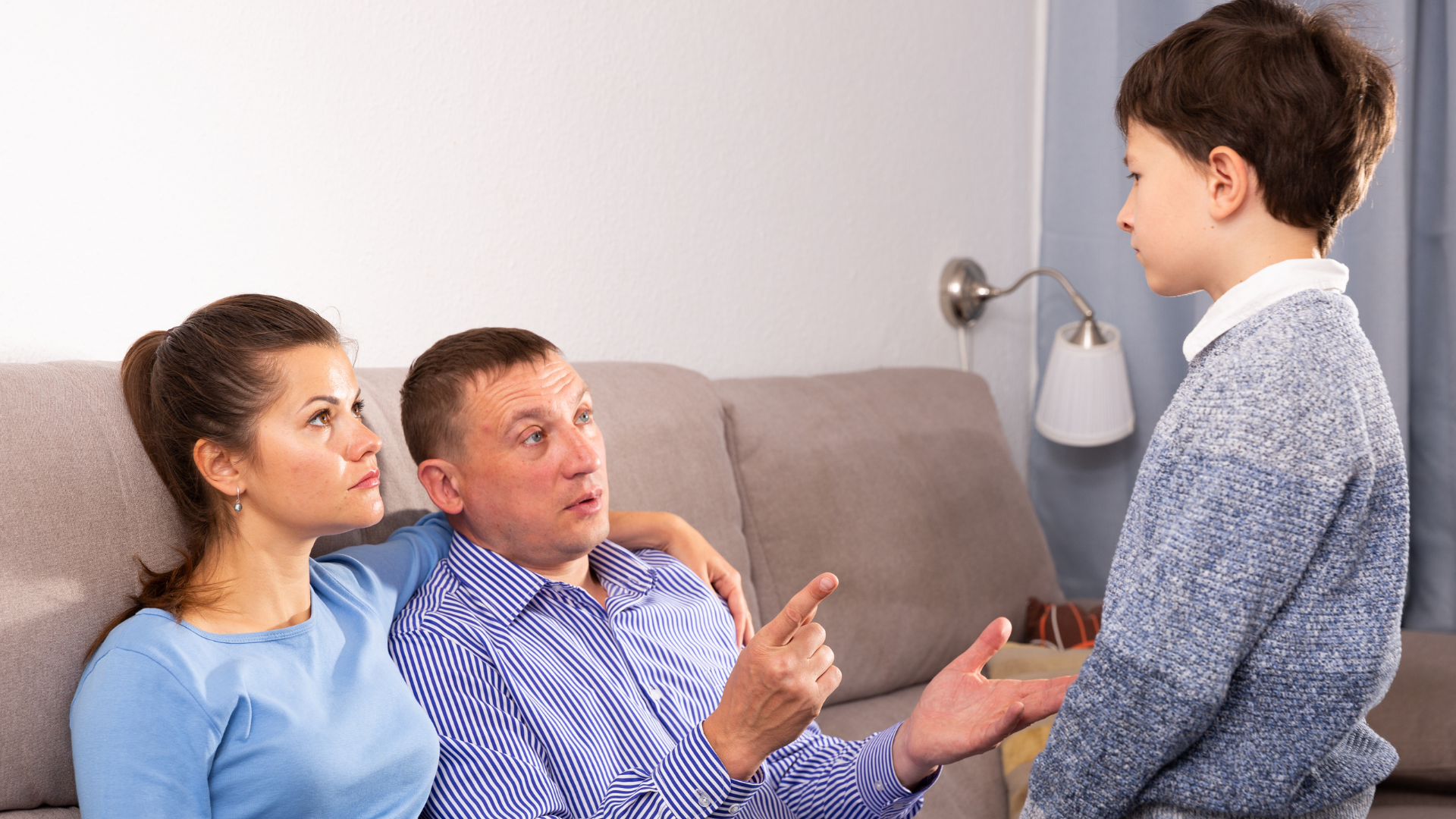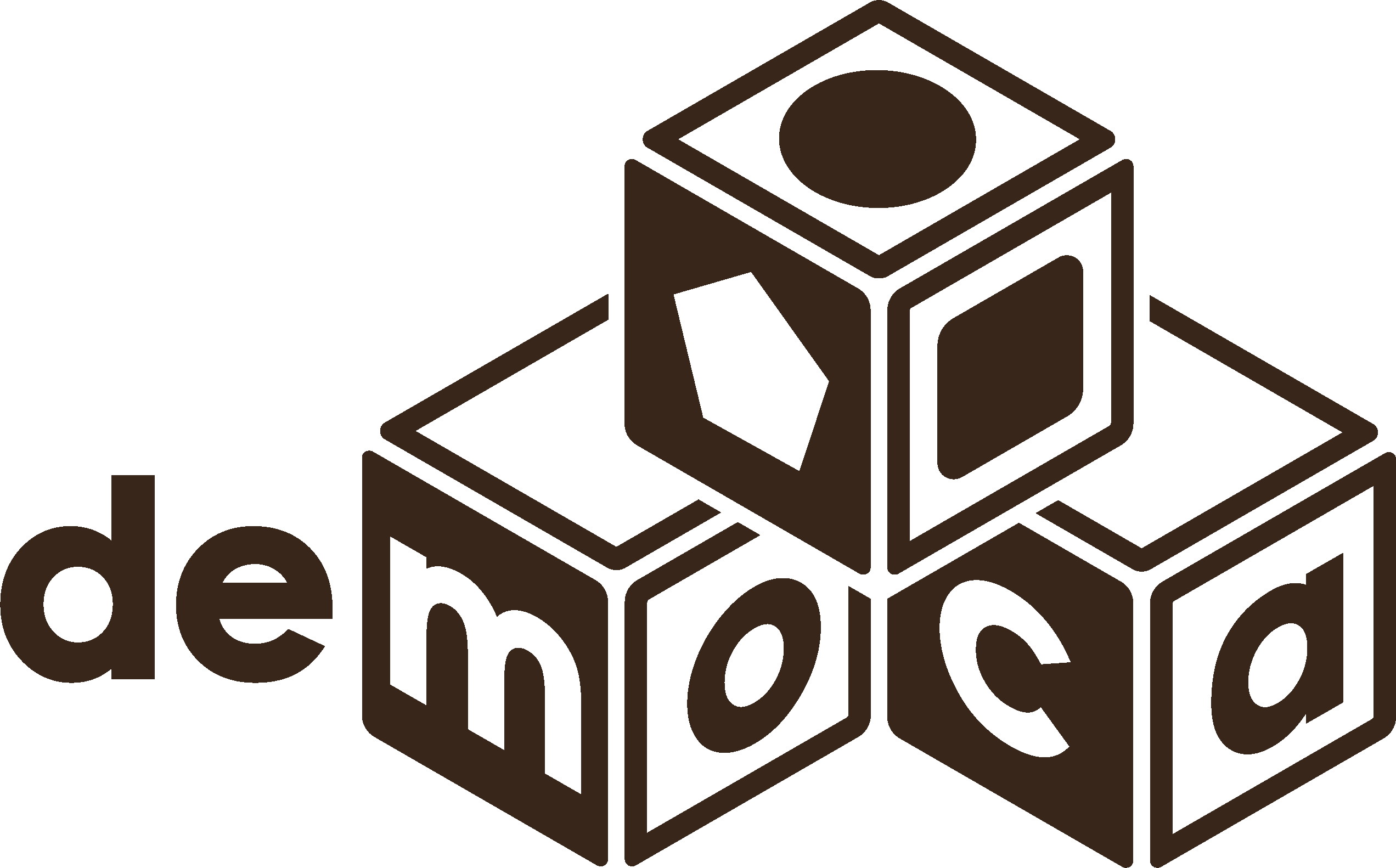
Why Children Lie and What You Can Do!
Aug 23 , 2022
Do adults lie?
Yes, WE DO! Yep, even you, reading this article. It's the little lies we tell to be polite, like answering to " How do I look today?". You even lie to avoid dealing with uncomfortable situations, confrontations or be socially polite. We can call these "white lies," those lies that don't harm but are necessary sometimes. Now that we know that lying is in our natural behavior, we can read further to find out how to help children cope with lying and its effects.
Truth: At some point, all children lie, and it's ok. It's part of growing up.
Why lying is a good thing?
Yes, we taught our kids lying is terrible. It breaks trust, and most of the time, truth does come up, but why is lying good? Studies have shown that children who lie are more intelligent and have the ability to see the world through someone else's eyes.
Why do children lie?
Most of the time, children lie because their reality is different than what occurred, some don't remember the facts or what happened, so they tell what they think happened, what you want to hear, out of fear of what the truth might cause us to do and say. They might feel ashamed, or they might want to protect someone. Sometimes, they tell what they genuinely think took place, even though it is not the reality of what occurred. Other times they lie to connect with peers, make an impression, get attention, or be accepted/to fit in.
And there are times when children lie not to disappoint us, to protect our parents' feelings and have our expectations met.
When is a child expected to understand the value of truth?
From 6 to 12 years, children can understand telling the truth or lie. Most children lie because of FEAR. Most children lie because of fear (this is not a repetition typo, it's for the accentuation of the idea). They are afraid of what might happen to them if they tell the truth. Plus, using punishment to avoid lying isn't going to work. It just tells them to be more careful in the future with their lies. Children will value honesty when they are not afraid to tell their parents the truth. (or what parents would react and do).
Help the child see the value of being honest! When they are comfortable telling the truth eventually, parents should calmly discuss the effect of their actions. Usually, children have difficulty seeing the final results of their actions. We should focus on the impact of his actions and what he truly wanted, what he ended up doing, and what he might have done differently with more positive results. We aim to make them understand that lying didn't offer the desired results, so the truth might have brought a better ending.
Note to parents: It is more important to have our kids telling us the truth without the fear that they might be in trouble than the action itself. So, when they are in dangerous situations and really in trouble, to come to us without being afraid of our reaction but rather being confident that we will help them, guide them, encourage and accept them.
Your reactions make all the difference.
Before acting out when finding your little one lying, try to calm yourself, think about the circumstances of the lying, and that getting mad won't help your child, not in the moment and not in the future. Instead, try to have a conversation with the child and find the "why" behind the lie (fear, lack of skills/information, fun). Understanding his "why" will allow you to teach how to cope with that particular situation in the future to avoid lying and have better results.
Offer them the opportunity and freedom to learn from mistakes, make appropriate decisions, and be honest enough to face the consequences. Try to be as neutral as possible and offer good alternatives to lying.
Listen, understand, be analytic, work on solving the situation, and plan for future similar situations.
